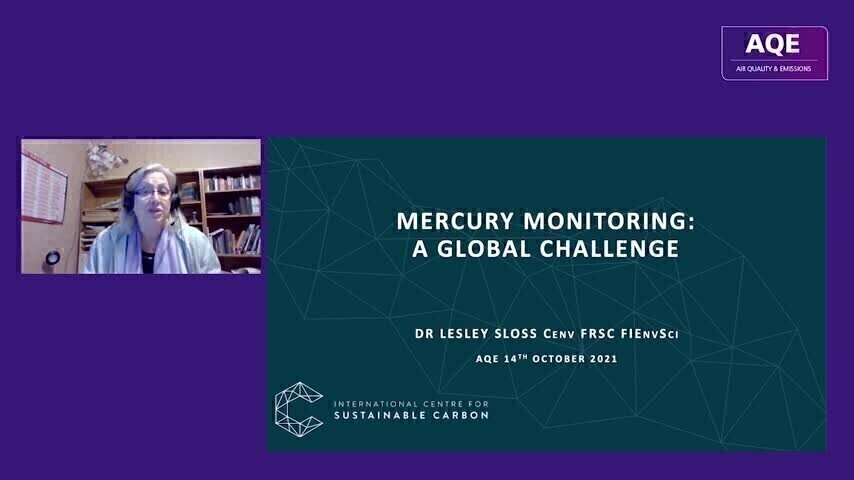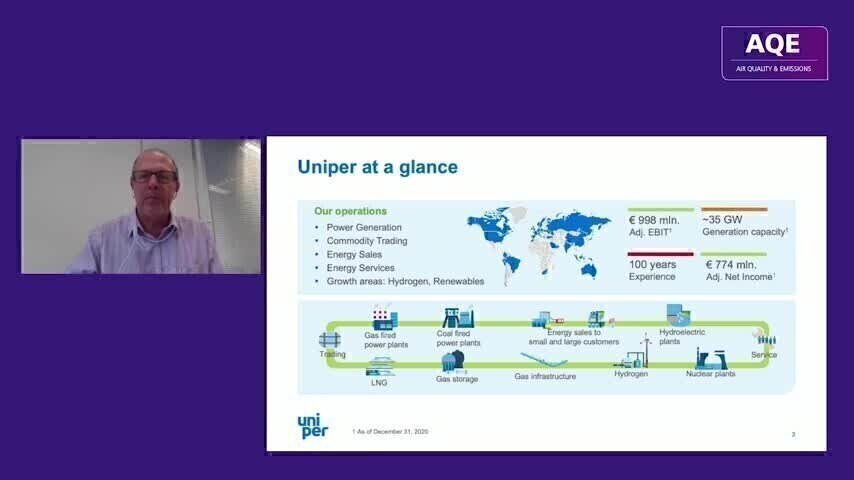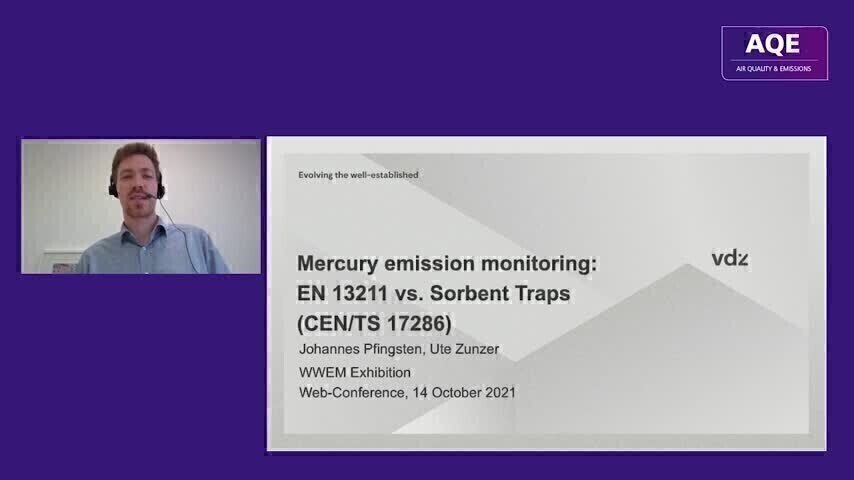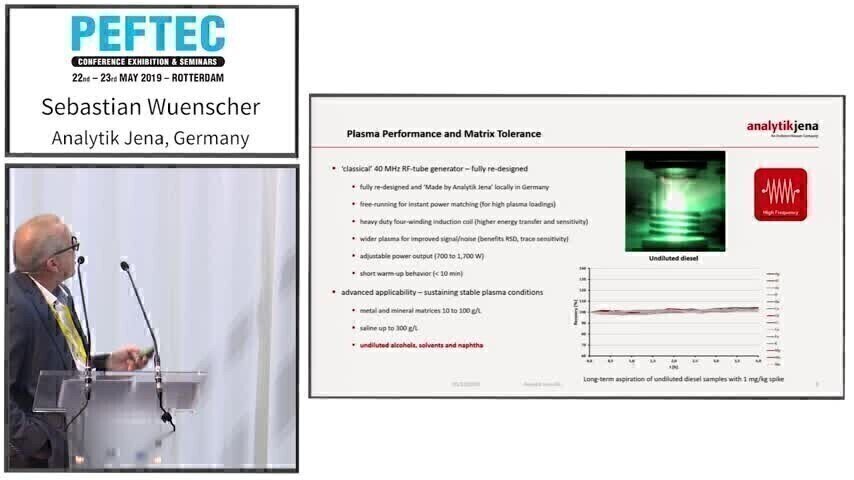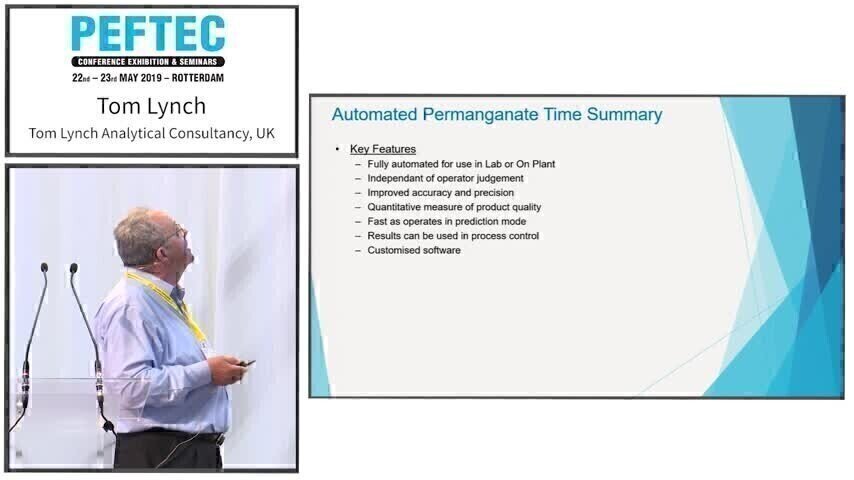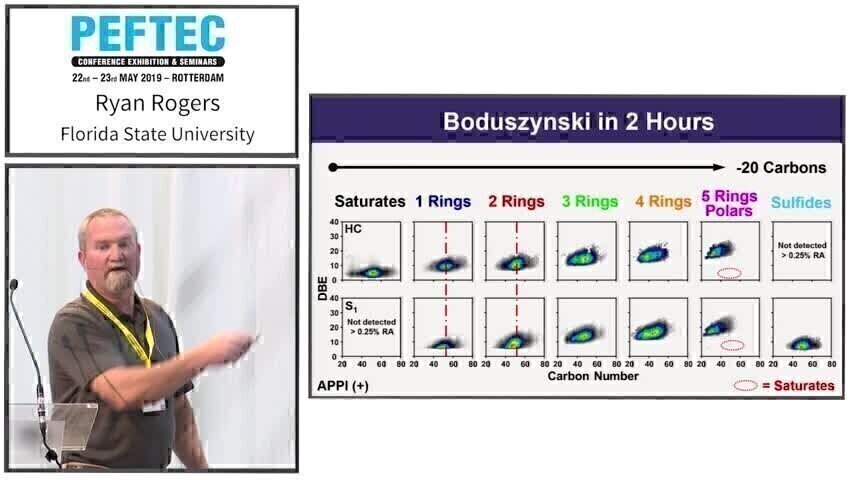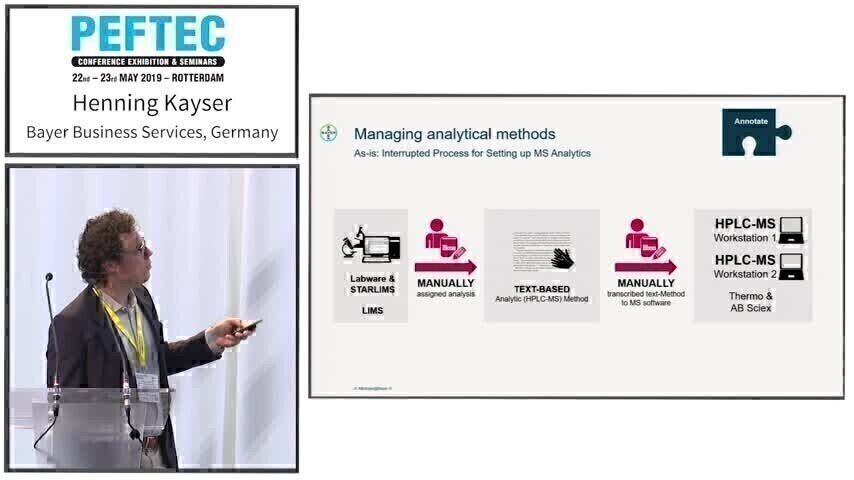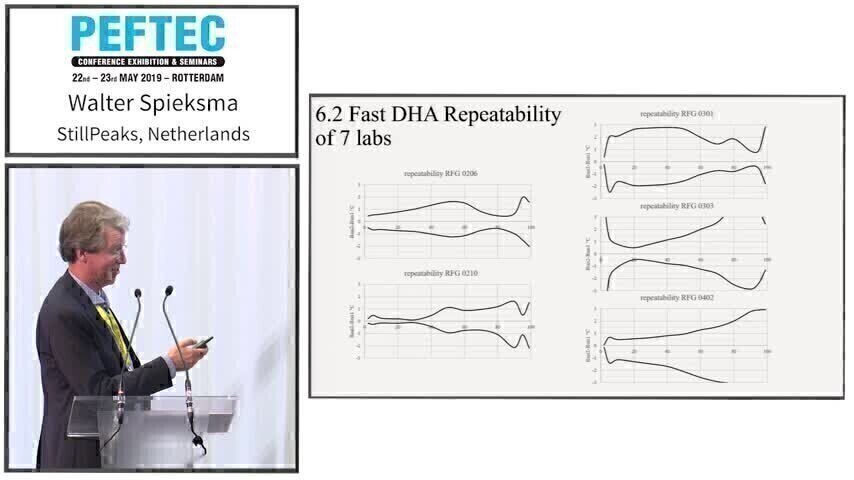E-Learning
Videos
Past Events
Having the support of a data management solution with intrinsic flexibility enables laboratories across all industries to increase productivity and efficiency. As the largest refiner in the U.S., Marathon Petroleum Corporation (MPC) needed a LIMS capable of centralizing the laboratory operations of multiple locations over three North American time zones. At the same time, they needed a system that could meet the unique configuration needs of each site without sacrificing upgradability. In...
From source water to wastewater, this webcast will outline the importance of tracking carbon levels. The ability to obtain carbon data with an online or laboratory TOC analyzer is critical to understanding the effectiveness of a plant’s treatment process and identifying process impurities. SUEZ will share case studies that highlight how laboratory and online TOC analysis can be utilized to drive optimal performance.
Gas chromatography with sulfur chemiluminescence detection (GC-SCD) is one of the most power analytical techniques for speciating and quantifying sulfur compounds in gases and volatile liquids. This technique is particularly useful for hydrocarbon sample matrices in which the presence of sulfur may present processing problems or needs to be known for regulatory purposes. Despite the utility of GC-SCD, the technique is known for its challenges, such as complications with sensitivity, selectivi...
This eLearning session introduces the operating principle of the SCD, as well as the innovations brought by Shimadzu to improve the productivity and minimize the instrument downtime. You will learn the various features of Shimadzu SCD which make it a reliable tool for analysing sulfur-containing compounds down to the trace level. This is demonstrated with various samples, such as trace thiophene in benzene (ASTM D7011 and D4735), sulfur compounds in light petroleum liquids (ASTM D5623), in na...
ppm water content in LPG and all gas mixtures can now be accurately determined by coulometric Karl Fischer titration. The latest eLearning session presented by ECH Elektrochemie Halle explains in detail how this new ASTM procedure allows you to test ppm water in your laboratory and directly at the sample point. The first question is, why is the water content of LPG and gas so important? Substances with corrosive promoting properties have to be monitored and kept to a minimum. Water is...
When managing equipment in a shared resource facility, it is important to know when your instruments are in use and to define who is allowed to use them. Instrument access control capabilities enable facilities to manage access through both hardware and software mechanisms. With this added layer of security, labs can define when and by whom instruments are used. Further, instrument access control systems that connect directly to shared resource management applications, provide additional bene...
In-service lubricant testing laboratories are faced with increasing demands for profitability and customer satisfaction. To help support these goals, an innovative oil analysis methodology is now available. Regular testing for fuel and glycol in used engine oil by gas chromatography can provide guidance on oil handling. Benefits include: Prevention of unnecessary oil changes Lowered costs associated with enhanced replaceable fluid lifetime Advanced warning of component wear...
Volatile organics like naphtha are amongst the most challenging samples to be analyzed by ICP techniques. Wealth of emission lines originating from the organic matrix and high volatility demonstrate challenges for ICP-OES analyzers. A robust plasma as well as an optical system with high spectral resolution are required in order to routinely quantify trace elements in the low µg/kg range. For specification analysis in the low µg/kg range ICP-MS often is the method of choice as conventiona...
Over the past 20 years, advances in modern ultra-high resolution mass spectrometry have forever changed the expectations of petroleum analyses. Facilitated by advances in ionization methods (that enable molecular-level analysis irrespective of initial or final boiling point), ultra-high resolution Fourier Transform Ion Cyclotron Resonance mass spectrometry (FT-ICR MS) routinely resolves and identifies tens-of-thousands of species (at the level of elemental composition assignment) in individua...
Digital Edition
International Labmate 49.6 - Sept 2024
September 2024
Chromatography Articles - HPLC gradient validation using non-invasive flowmeters Mass Spectrometry & Spectroscopy Articles - From R&D to QC, making NMR accessible for everyone: Putting NMR...
View all digital editions
Events
Oct 30 2024 Birmingham, UK
Oct 30 2024 Manchester, UK
Nov 11 2024 Dusseldorf, Germany
Nov 12 2024 Cologne, Germany
Nov 12 2024 Tel Aviv, Israel

